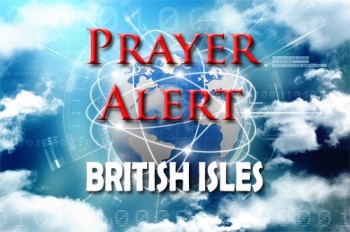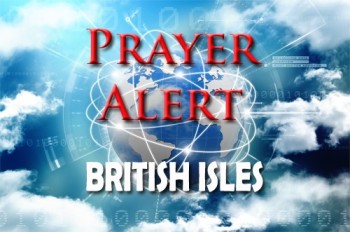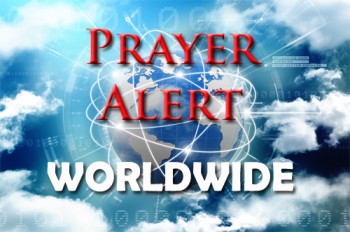Displaying items by tag: legal system
Surging use of civil injunctions to deter environmental protesters
A BBC analysis has revealed extensive efforts by oil companies and public bodies to protect their premises from environmental protesters through civil injunctions. More than 400 protesters have been named in orders affecting over 1,200 locations in England and Wales, including oil terminals and petrol stations. These injunctions also target ‘persons unknown’, which would allow anyone to be prosecuted. The unprecedented use of these injunctions has sparked debate, with oil companies and public bodies claiming they prevent dangerous protests, while lawyers for protesters argue they create a ‘privatised system of justice’ lacking criminal law safeguards. Breaching an injunction can lead to severe penalties, including imprisonment. Protesters argue that the injunctions unfairly limit their rights, and Friends of the Earth are now taking a case to the European Court of Human Rights, challenging their use. Legal aid limitations and potentially high legal costs deter many from contesting these orders.
Bible college sacks lecturer over a tweet
A Bible college hit the headlines this week for sacking a Christian lecturer over tweets defending a Christian view of sexuality. Dr Aaron Edwards, a father of five, was even threatened with a counter-terrorism referral for writing the tweet that went viral. Aaron was told that ‘sharing a Christian understanding of sexuality’ had brought the Methodist college into disrepute. The tweet sought to bring clarity to the same-sex 'marriage' debate; he argued that ‘if sin is no longer sin, we no longer need a Saviour.’ Aaron said, ‘The reaction to my tweet and unjust treatment by Cliff College and the British Methodist Church completely illustrates the problem my tweet addressed.’ In a wide-ranging interview with CBN, the father of five defended his tweet and said the Biblical views on sexuality were being ‘silenced and stamped out’ by the Methodist Church.
Iran: legal system an obstacle to MeToo justice
While an increasing number of rape and sexual assault victims are speaking out in Iran, the legal code often prevents justice and puts some victims at risk of punishment. The #MeToo movement has finally emerged among Iranians, sending shockwaves across Persian language social media. Over the past week many women and men have come forward to talk about their experiences of rape and sexual assault by dozens of high-profile figures in the country. Although the official media remain indifferent to the stories, they have stirred public uproar to the point that the police in Tehran arrested a well-known bookshop owner accused of rape by several women. No one can doubt the bravery and courage of individuals who break the taboos and talk about their personal experiences of sexual harassment in a country where patriarchal values are reproduced and reinforced by the state.


